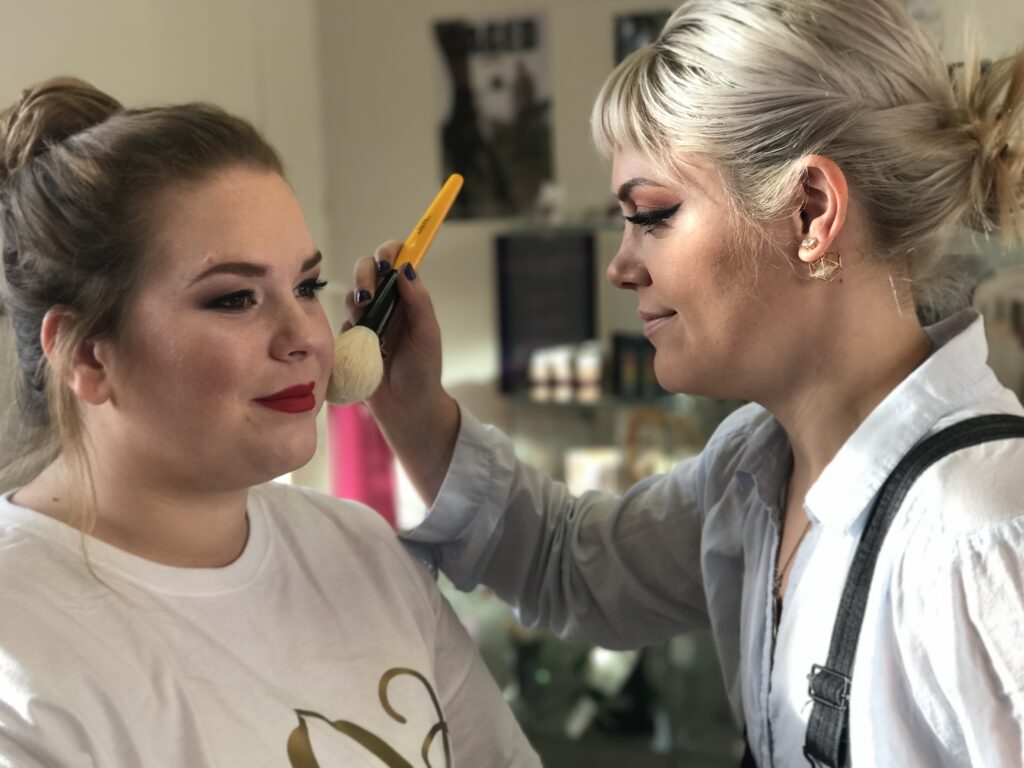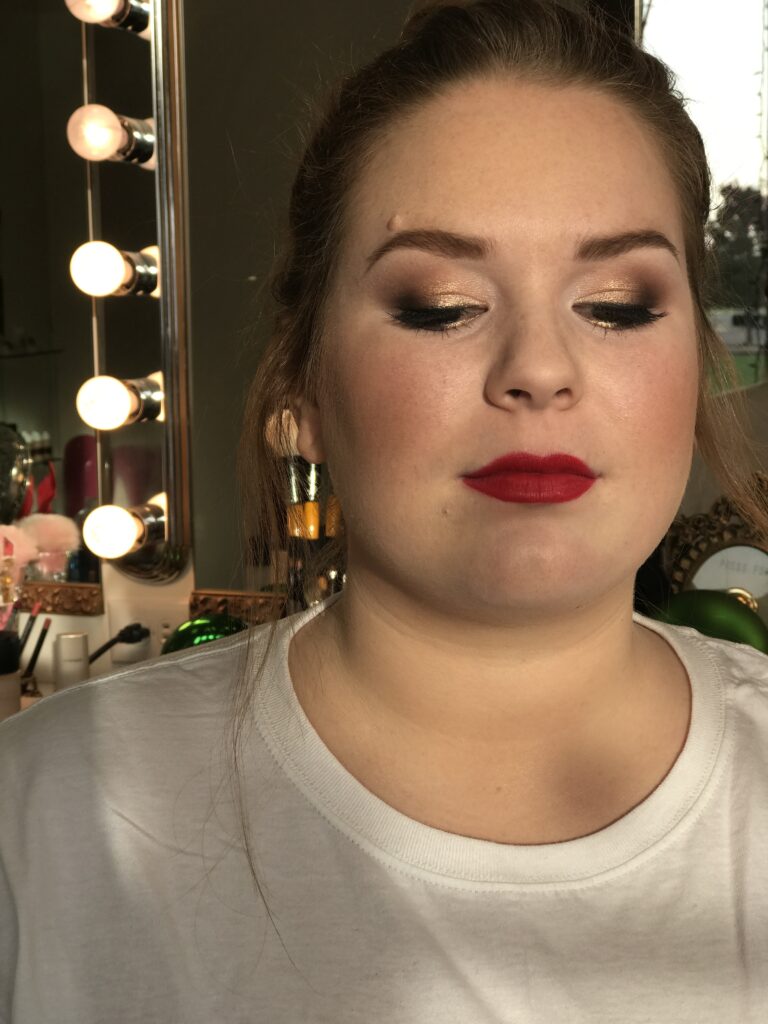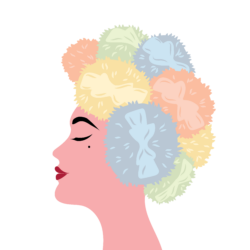Theodor Adorno’s assertion, “Even in the most sublime work of art lies the whisper it should be otherwise,” speaks to a profound tension in creation. Perfection, no matter how radiant, carries within it the yearning for something more—an acknowledgment of the incompleteness inherent in all human endeavors. This sentiment parallels beauty, particularly in the art of makeup.

Makeup is not about achieving an unchanging, idealized version of oneself; it is about transformation and the quiet whisper of possibility. Each brushstroke, contour, and pigment application carries an implicit “what if.” What if I could amplify the spark in my eyes? What if I could soften the shadow of doubt on my cheekbones? In this way, makeup becomes a dialogue between who we are and who we wish to be, subtly challenging the static notion of identity.
In the chair of a professional makeup artist, this idea takes on even greater significance. A makeup service is not just a beautification process—it’s an exploration. It holds space for clients to reconcile their inner and outer selves, to celebrate their features while entertaining the whisper of “otherwise.” The service becomes more than aesthetic; it becomes psychological, encouraging self-reflection and confidence.


As Adorno implies, art—and by extension, beauty—is always reaching for a future state, a fuller expression of truth. Makeup services honor that drive, turning fleeting desires for self-expression into tangible moments of beauty.
So, we must ask ourselves: In embracing the whisper of “otherwise,” how might we see beauty not as a final destination but as an unfolding journey?
